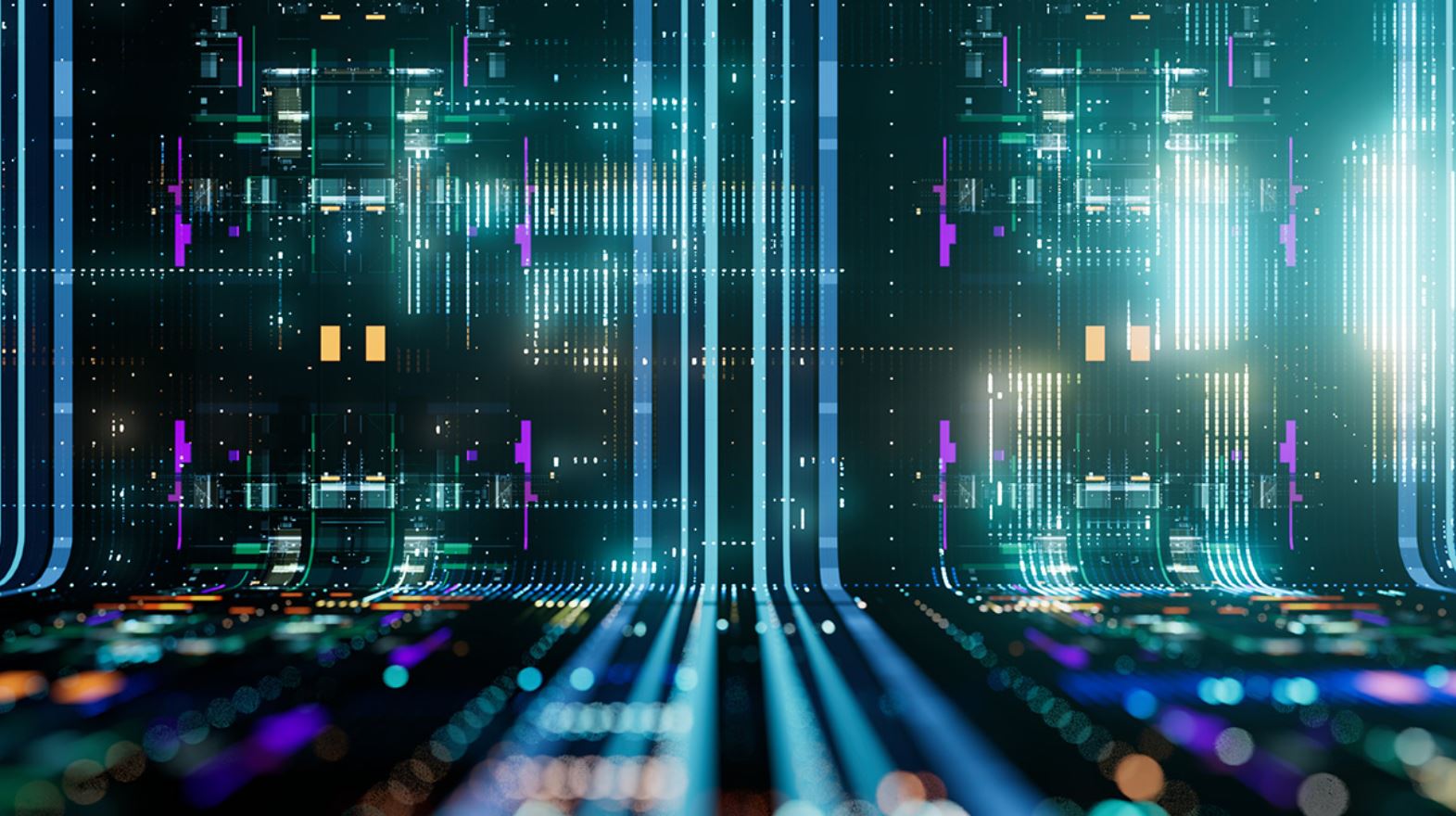 In the fast-paced world of artificial intelligence, it’s crucial to set up some protective boundaries—what we call guardrails. Think of them like those barriers on the highway that keep you on track. With AI rapidly becoming a bigger part of our lives and businesses—McKinsey notes a 22% increase in its use—these guardrails are more important than ever.
In the fast-paced world of artificial intelligence, it’s crucial to set up some protective boundaries—what we call guardrails. Think of them like those barriers on the highway that keep you on track. With AI rapidly becoming a bigger part of our lives and businesses—McKinsey notes a 22% increase in its use—these guardrails are more important than ever.
Different types of AI need different strategies. Classical AI and generative AI each have their own challenges. Generative AI, for instance, interacts directly with users, which can lead to issues like fake news and new forms of cybercrime.
The European AI Act, which came into play in 2024, is a big step forward. It categorizes AI systems by risk level, from minimal to unacceptable, and sets strict rules for high-risk systems, especially those impacting health, safety, or rights. These systems need to have technical and organizational measures in place to protect fundamental rights, ensuring safety, privacy, and preventing bias.
But it’s not just about laws. We need technological tools like bias detectors and content moderation, along with procedural checks that reflect a company’s ethics. Human oversight is vital, especially for applications with a big impact. Take BBVA, for example. They’ve got measures in place to shield their Blue chatbot from vulnerabilities and cyberattacks, using real-time monitoring and adversarial testing.
As AI models get more advanced, human vigilance is key. New threats and vulnerabilities are always popping up. Developers are also working on guardrails for generative AI, such as embedding watermarks in AI-generated images and making sure AI-generated responses don’t run critical processes without human oversight.
Ensuring the quality and security of training data is crucial for keeping generative models on track. Víctor Peláez from BBVA emphasizes how important data quality is, particularly for generative models, to keep outputs accurate and reliable.
As AI continues to evolve, human intervention will be essential to spot new threats and tweak the guardrails, ensuring a secure and ethical landscape.








